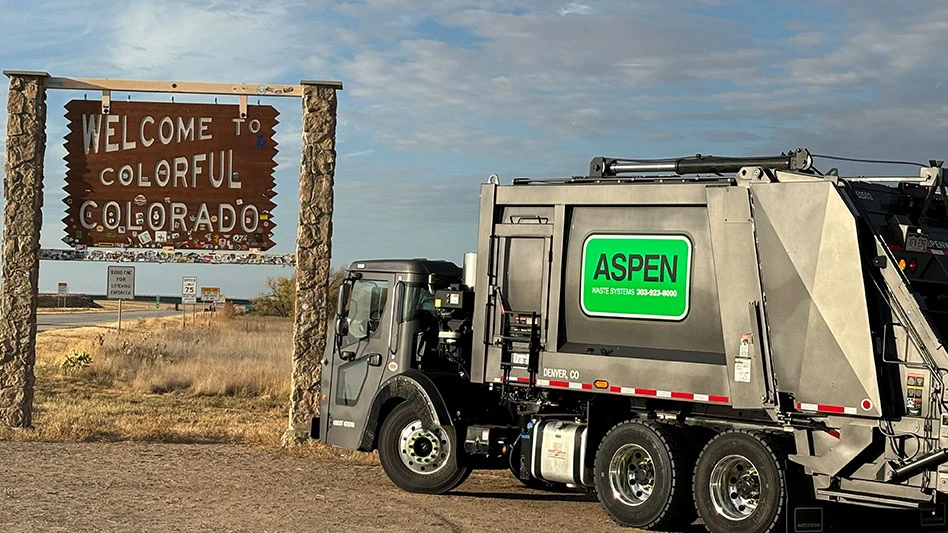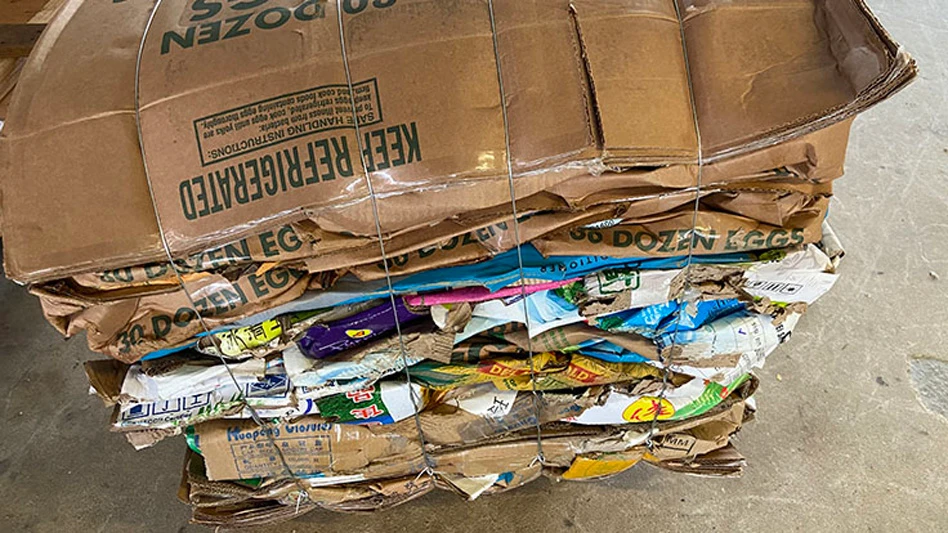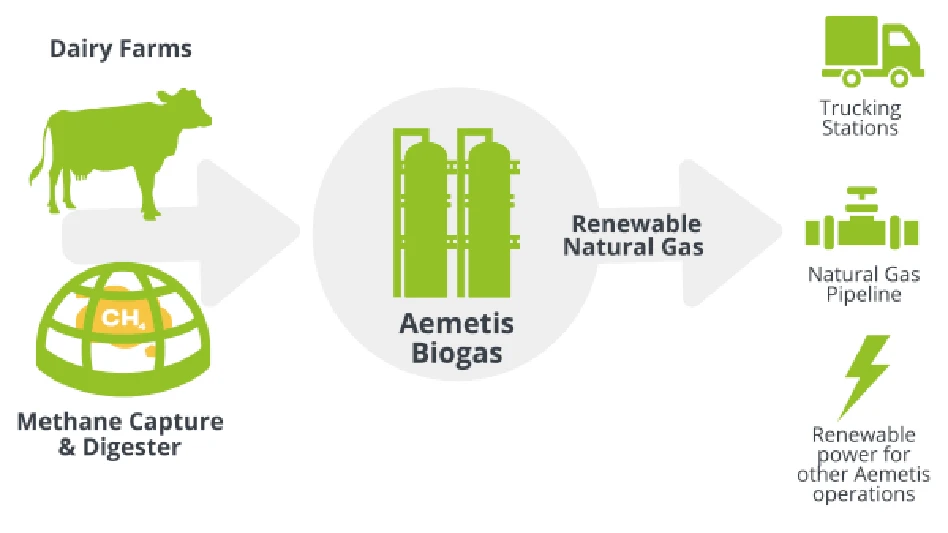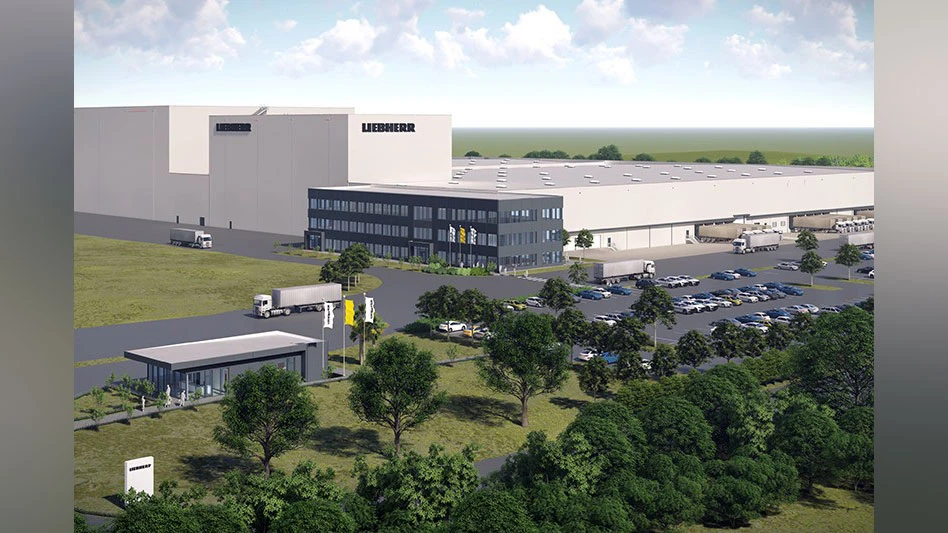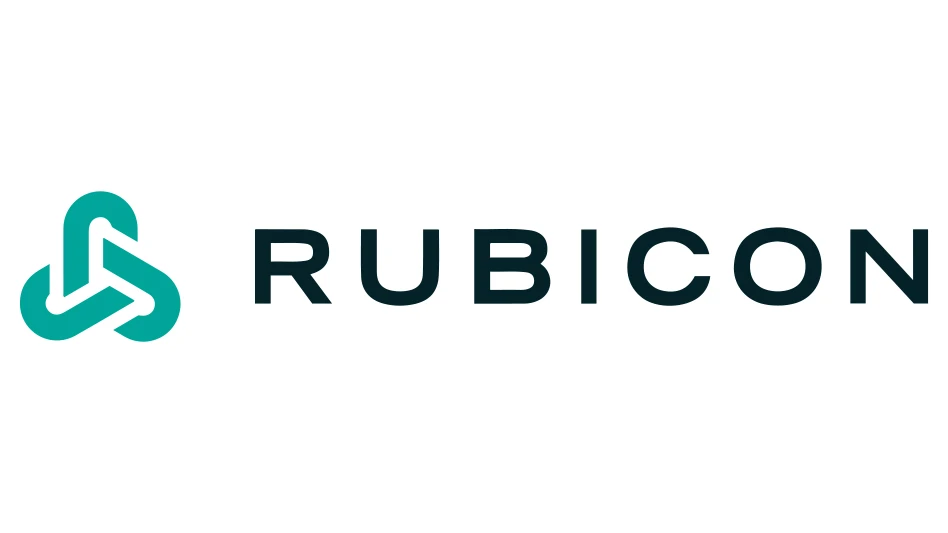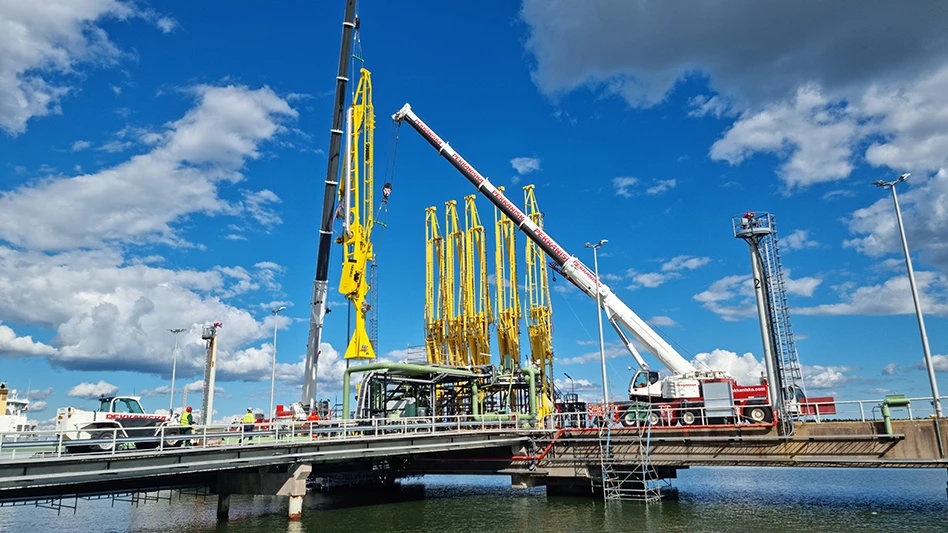
Photo courtesy of Neste Corp.
Finland-based petrochemical firm Neste Corp. is expanding the logistics infrastructure to handle liquefied recycled raw materials at its refinery in Porvoo, Finland, which is undergoing a conversion process.
The company has purchased equipment intended to unload materials such as liquefied plastic scrap and liquefied rubber tires near its Porvoo facility.
“This lays the foundation to handling larger amounts of liquefied raw materials to support Neste’s strategic aims to advance chemical recycling and transform the Porvoo refinery into a renewable and circular solutions hub," the company says.
At the refinery’s harbor, Neste is building an unloading arm with a heating system and pipelines to connect the harbor with dedicated storage tanks.
“Unlike regular crude oil, liquefied waste plastic or discarded rubber tires require heating to stay liquid,” the company says.
In addition to the unloading arm and pipelines, Neste is building a vapor recovery unit designed to contribute to emissions control aspects of the revamped facility.
“The transformation of our Porvoo refinery into a renewable and circular solutions hub will require many individual steps and adjustments,” says Jori Sahlsten, a senior vice president in Neste’s oil products business unit. “The new logistics infrastructure is one of these steps. It puts us in a good position to process larger and continuous volumes of liquefied recycled raw materials. This will be needed when we start using the new upgrading unit, which is able to process 150,000 tons of liquefied waste plastic per year.”
Neste estimates its new logistics infrastructure will be completed later this year and be available when it finishes construction of its liquefied plastic scrap upgrading unit at the Porvoo refinery, which is currently expected to be complete in 2025.
At the $120 million upgrading unit, liquefied raw materials will be turned into high-quality feedstock for the plastics and chemicals industry, Neste says.
In addition to the Porvoo project, Neste is involved in a $1.5 billion project in Singapore designed to convert discarded fats, oils and grease and the organic and plastic portions of municipal solid waste into renewable diesel and other fuel products.
Neste produces sustainable aviation fuel and renewable diesel and says it is committed to developing renewable and circular feedstock solutions for polymers and chemicals, with a goal to help its customers reduce greenhouse gas emissions by at least 20 million tons annually by 2030.
Latest from Waste Today
- Capital Waste acquires Tennessee Waste Haulers
- Van Dyk partners with Reckelberg Environmental Technologies
- CRI submits comments to CalRecycle on CRV handling payments
- Reworld acquires EnviroVac Waste Transport
- Waga Energy partners on RNG project at France landfill
- Hawaiian county selects landfill site
- CAA submits final draft program plan in Oregon
- Washington city adds organics collection to waste service
